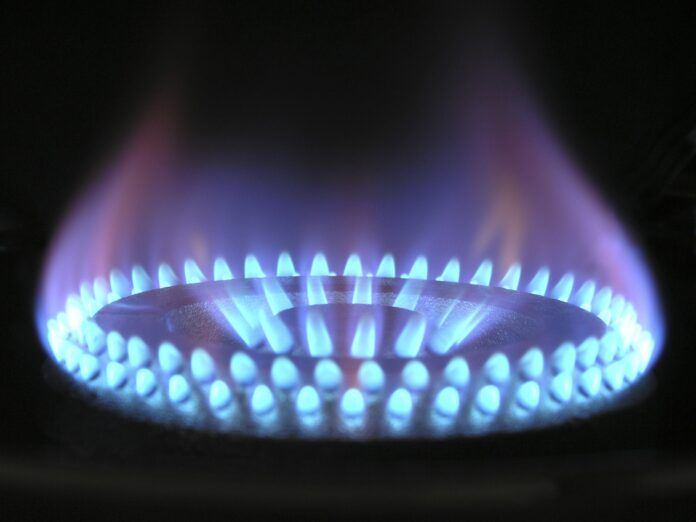A recent report from BC Hydro finds the Baby Boomers’ carbon footprint has been overtaken by a different generation.
The report called “Green generation gap” finds a shift occurring between Baby Boomers and Gen X’s carbon footprints.
While boomers lived in bigger homes with more amenities, the report found Gen X – people between 42 and 57 years old – is more likely to live in larger, detached, single-family homes that have bigger greenhouse gas emissions. Hydro says this is mostly because many rely on natural gas for heating and appliances.
They add that many Gen Xers feel they could be doing more to reduce their carbon footprint, but they’re less willing to make sacrifices when compared to Millennials. BC Hydro says this could be because Gen Xers might be less likely to give up driving a gas-powered vehicle.
They say Gen X is 90 per cent less likely to give up using gas appliances than Millennials.
Home size is focused on by BC Hydro, who add this changes the amount of energy consumption.
“The average home size of Gen X is between [457 and 609 square metres] – twice as large as Millennials,” said BC Hydro spokesperson Susie Rieder. “Bigger homes often mean greater energy use and emissions, especially when it comes to home heating with natural gas, which is often the largest contributor.”
Hydro says heating a typical single-family home with natural gas each year can emit about two tonnes of carbon dioxide. That’s about the same as driving a gas-powered car 8,000 kilometres.
BC Hydro recommends switching to a heat pump for heating and cooling as most of B.C.’s electricity is generated by water.
They add it is less expensive overall, with a gas furnace costing about $731 per year to operate compared to $642 per year for a heat pump.




